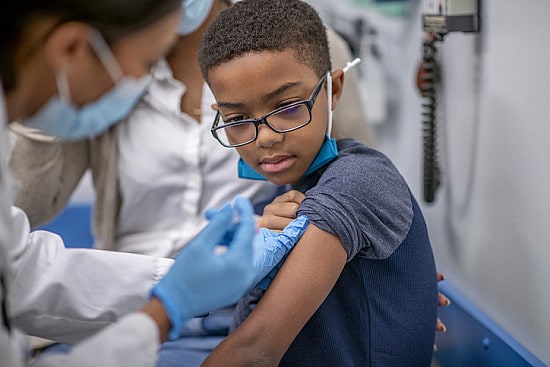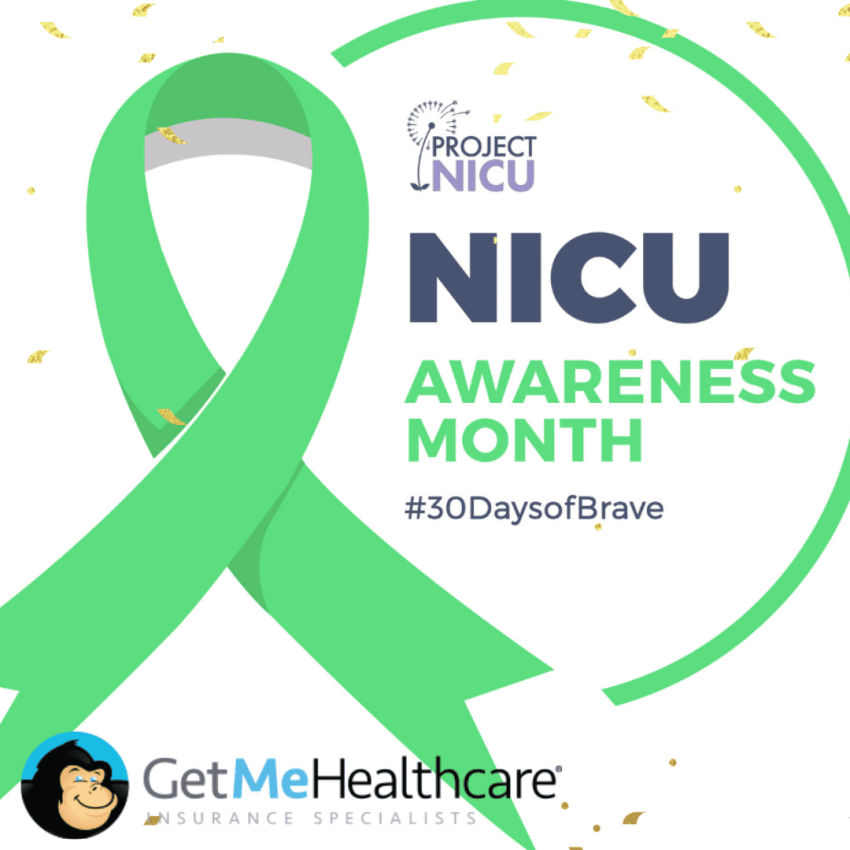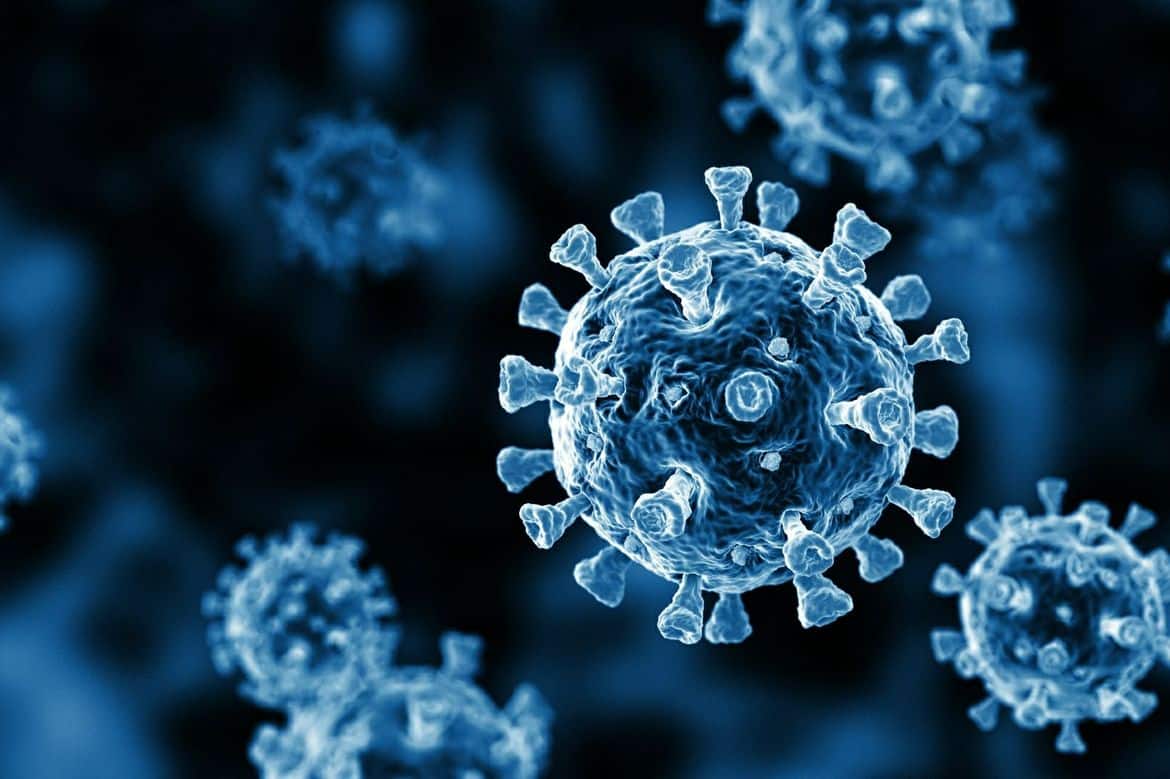Vaccines Protect Children From Harmful Infectious Diseases

This back-to-school season, talk to a healthcare provider to make sure your child has all the vaccines they need.
Vaccines are essential to getting children off to a healthy start in life and keeping them healthy as they grow up.
Because immunization programs of the 20th and 21st centuries have been so successful, many parents today have never seen the many vaccine-preventable diseases that were once common. They may not realize that those infectious diseases could reemerge. If individuals choose not to vaccinate themselves or their children, some diseases that are now rare or nonexistent in the U.S. may resurface.
Infectious diseases that used to be common in children in the U.S. – including polio, diphtheria, pertussis (whooping cough), rubella (German measles), and chickenpox – are preventable with vaccines approved by the U.S. Food and Drug Administration. Vaccines can prevent contagious diseases that once killed or harmed many infants, children, and adults. The FDA ensures that the vaccines that we approve or authorize for emergency use in the U.S. meet our safety and effectiveness standards.
From babies to teenagers, people need vaccines throughout childhood to protect them from potentially dangerous infectious diseases. Without vaccines, children would be at risk for serious illness and even disability, or death, from diseases such as meningitis due to Haemophilus influenzae type b (Hib), measles, and whooping cough, among others.
A vaccine is a medical product. Like any medicine, vaccines can cause side effects, but most are minor and short-lived, such as a low-grade fever, or pain and redness at the injection site.
Severe, long-lasting side effects of vaccines are rare. If you have questions about vaccines, visit the FDA’s guide for parents and caregivers.
In the meantime, here are some tips to keep in mind when your child is vaccinated.
- Review the vaccine information sheets.
- Talk to a health care provider about the benefits and risks of vaccines.
- Before vaccination, tell the health care provider about certain conditions and allergies.
- Report problems and side effects.
Side effects should be reported to the Vaccine Adverse Event Reporting System (VAERS). This is a national vaccine safety surveillance program co-monitored by the FDA and the Centers for Disease Control and Prevention (CDC).
Visit the VAERS website at www.vaers.hhs.gov to report possible side effects or other problems related to vaccines. You can report a problem online or call 1-800-822-7967 for more information.
source: fda.gov




